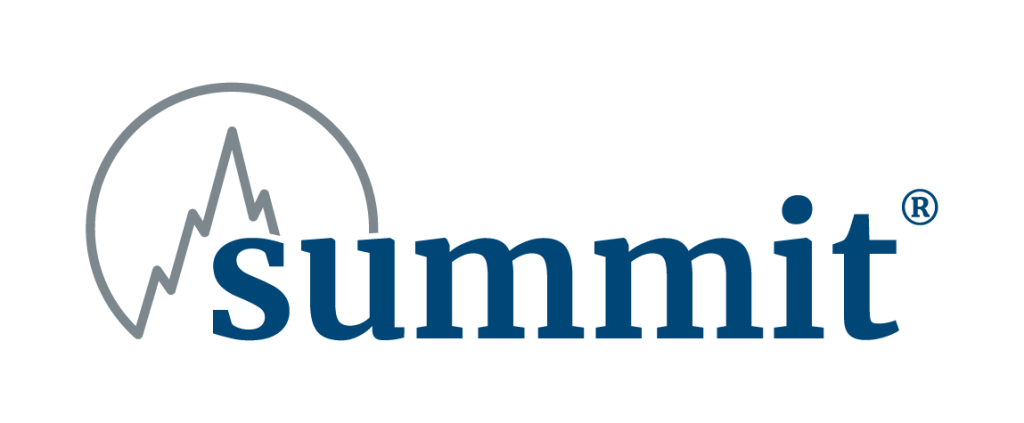
SAFETY TOPICS
Do You Check for Equipment Recalls?
Equipment inspections should be conducted along with worksite inspections to help eliminate as many hazards as possible and prevent unsafe working conditions. When your business conducts regular equipment inspections, that’s an ideal time to make sure none of the products you use have been recalled.

Although most products are tested by the manufacturer before they’re placed on the market, defects can be discovered that cause a product to be recalled. Small defects in parts, engines, or safety mechanisms, for example, can lead to fire hazards, explosions, sharp object lacerations, and inhalation of dangerous fumes, to name just a few dangers. Personal protective equipment (PPE) defects, such as clothing that fails to meet flammability standards, can also lead to injury.
Here are a couple of websites that our Summit loss prevention representatives refer to for information on equipment recalls:
- U.S. Consumer Product Safety Commission. You can search a wide variety of items by product category, hazard type or date range: www.cpsc.gov/Recalls
- National Highway Traffic Safety Administration. Here you’ll find a wide range of vehicle safety issues and recalls, which you can search by vehicle identification number (VIN): www.nhtsa.gov/recalls
In addition, Occupational Safety and Health Administration (OSHA) has an interactive online training tool to help teach small business owners and their employees how to identify hazards in the workplace. You can download this game-based tool here: osha.gov/hazfinder.
Disclaimer
The information presented in this publication is intended to provide guidance and is not intended as a legal interpretation of any federal, state or local laws, rules or regulations applicable to your business. The loss prevention information provided is intended only to assist policyholders of Summit managed insurers in the management of potential loss producing conditions involving their premises and/or operations based on generally accepted safe practices. In providing such information, Summit Consulting LLC does not warrant that all potential hazards or conditions have been evaluated or can be controlled. It is not intended as an offer to write insurance for such conditions or exposures. The liability of Summit Consulting LLC and its managed insurers is limited to the terms, limits and conditions of the insurance policies underwritten by any of them.

